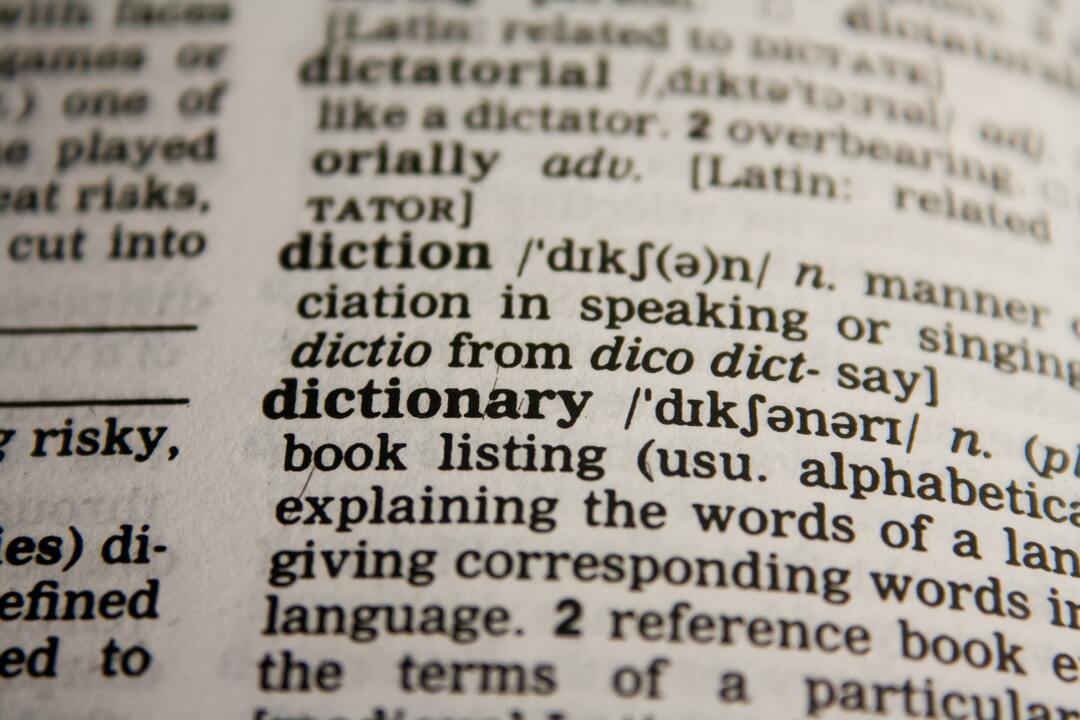
What is Localization Quality Assurance? Why Is It Important?
Localization quality assurance is important for the best result of translation work. How come? Let's check it out in this article.
Content localization is an important part of expanding business globally. Localization will help your business so it can reach a much broader audience around the world. However, how can you know your localization will be successful? How do you know that the translation quality will be top-notch and reach your target audience? When you have this doubt, you can rely on localization quality assurance.
This is the method used by many localization companies to understand whether the content translated has served the right target audiences or not. LQA is a process to analyze how the localized content is received. Using this method will give you the benefit of understanding how well the content is consumed and what kind of improvement is needed so it will be received better by the target audiences.
It is definitely an important part of localization. Hence, you cannot skip this part if you do not want to get in trouble in the future. Well, if you are curious about this process, you better check this article out.

What is Localization Quality Assurance (LQA)?
Localization quality assurance means the involvement of thorough understanding and checking throughout the localized content. It is a vital process in the translation field or localization. Evaluation and validation throughout the localized content are done to ensure the quality of the translation. These checkings are not just about language used in the content, but also the cultural relevance and its connection to the target audience's language. Hence, there will be no words or phrases that will become the source of miscommunication. The evaluation process focuses on checking the grammar, syntax, context, terminology, and user experience. The evaluator will review the source material with the localized content to identify any error or inconsistency that could emerge from the language and cultural differences. Using this process could help companies to ensure that the content can maintain a certain standard and engage the target audience. There are several evaluations to be done to maintain certain standards of good localization. Here are some of the criteria that need to be identified in order to gain qualified localization. Check it out:
Linguistic
The translation will be checked based on linguistic matters. Such as typos, grammar, mistranslations, phrases, idioms, figures of speech, the use of numerical numbers, and many more. The translation should also need to be consistent throughout the material. LQA will also need to seek any misinterpretations or untranslated content.
Visual
Localization quality testers will also need to check if the localized text fits within the design. LQA needs to see if there are display or format issues. All visual elements, such as images, videos, and visual media should also be localized to the target audience's language.
Functional
LQA should also check the functional element of the translation. This means that the features should meet the intended users well. Testers should also consider the user experience on this matter.
Cultural
The testers need to check if the localized content does not breach any cultural taboos or cultural appropriation. The cultural elements of the content should also be appropriate for the target audiences. Hence, there will be no scandal because of the differences between the two cultures.
What is the Difference Between Localization Quality Assurance and Proofreading?
Proofreading and localization quality assurance testing are two important processes in localization. However, the two are not quite the same even though some aspects of the work are quite the same. One is broader than the other one. Proofreading is the task that mainly focuses on errors in linguistic background. Such errors are spelling, grammar, format, punctuation, and many more. Proofreading is done to refine the translated content so it will maintain the standard correctness and clarity. However, proofreading does not go too far on the target audience's cultural or contextual background. That is quite narrow if you look at the scope of work in localization quality assurance testing. LQA is not only involved in linguistic matters but also in cultural appropriateness and functionality. LQA makes sure that the localized content will resonate with the intended audiences.

Localization Quality Assurance Process
In doing the LQA process, there are several steps you need to understand. These steps will ensure the correctness and the results of the localization in the future. Here are some of the examples.
Key Strategies of Localization
First, make sure to adhere to the right key elements of LQA process. This usually involves the right workflow, the right use of tools, teams of localization, and also the KPI or goal of content localization. The key strategies of localization will vary for every company, however, some of them may still be applied. Setting the right strategy and plan will ensure the translation process becomes more effective and efficient.
Check The Accuracy of Translations
After setting the plan and strategy, the team will continue to check the accuracy of the translations. Check the linguistic errors of some mistranslations in the content. This part of the work is to search for any misconceptions that could happen in the translation.
Check The Cultural Appropriateness
As mentioned before, localization quality testing is also dealing with cultural matters during the translation. The team members will search for any potential cultural issues that could occur in the future. This part is the most difficult since every nation has its form of taboos and culture.
Check The Layout and Formatting
The localized content should also look and feel right to the user. The LQA works include the layout and formatting check to make sure the text translated is not too much and distracting app or game.
Check The Customer Experience
After checking the grammar, cultural issues, and layout, the team will continue to work on its customer experience. The final work needs to make sure there are no additional issues and also to verify the changes from the teams.
Finalize the Report
The localization quality team will then finish with the report. This report will benefit future projects and prevent any unnecessary mistakes in the localization process.
Why Localization Quality Assurance Testing is Important?
This article has stated several times that the LQA process is quite important for translation content. However, you might still wonder how this part of work is a vital one. To answer it, it is better to read the explanation below.
Locally Relevant
Doing the LQA work will ensure that the content can be translated and interpreted well into the intended language. This will also include the specific characters, dates, the use of numbers, currencies, names, and salutations. Hence, it is not merely translated word to word.
Consistency and the Coherency of the Content
Testers will need to keep the consistency of the localized content when applied to the app or game. Testers will also see through the flow of localized content so it will not breach any context or standard.
Identify Errors
Software-based products or games usually are released simultaneously. This is to provide a fix and enhance the performance of the software or game. Evaluation and testing of this product, like localization, etc, must also mirror their speed. Therefore the products could launched in time in every part of the country without any delay or error.
When Will You Need Language Quality Assurance?
A company needs to use language quality assurance when their business is going globally and internationally. Business industries such as games are more in need of this service. That is because many countries do not use English as their first or second language. Hence, using the English language will prevent your business from embarking on a new territory. Game localization using the intended language could be a success as the language content will be well received by the audiences. Since they will understand more about the core of the translation.
Bringing a third party to do the localization quality assurance could be an option if you do not want to hire in-house LQA. Moreover, if you want to have the best translation or localization content for the intended party but do not have the resources to do both, you can always rely on a localization company. Many localization companies will also give services such as proofreading and LQA besides its translation services. Having both the translation work and quality assurance in one company will benefit the time and resources. However, if you have already provided the translation content beforehand, you could hire a company that has services such as localization quality checkers. Hence, you do not need to work twice.

The benefit of Using Localization Quality Assurance (LQA)
Localization quality testing is vital to ensure that the products of the business can function across the target markets. The localization process will validate the cultural differences and linguistic matters that work effectively for the target language. When applying this localization service you will get certain benefits for your products or business. Such benefits are minimal or no typos or mistranslations, fewer complaints from the customer, better experience of the products, and also could increase the revenue of the products. Hence, localization quality testing is not a mere problem. You need to do this process carefully to maintain standards for the business.
Conclusion
Localization quality assurance is a process that is important in translating content to target audiences. It will keep your translation right on track and well received. This part of the work is inevitable since it contains great benefits for the localized content. Therefore, do not hesitate to use companies that provide this process for their business.